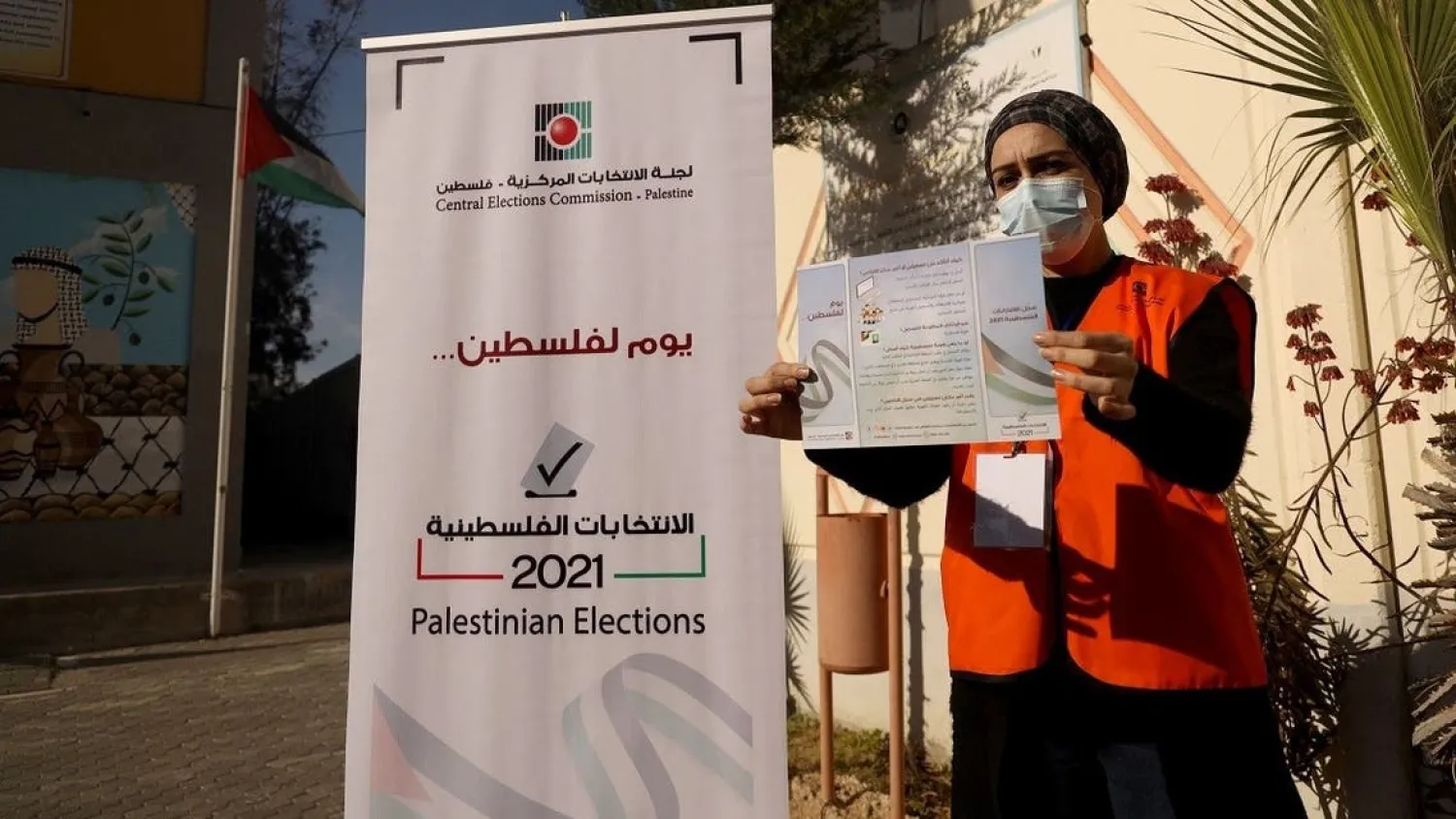Fatah and Hamas will run in the upcoming legislative elections with two separate lists, contrary to previous reports.
Fatah’s Central Committee will formally submit its final list for the legislative elections to the Central Elections Commission.
The Central Committee held a meeting, chaired by Palestinian President Mahmoud Abbas, to approve the full list for the elections set for May.
Committee member Abbas Zaki said that the movement will officially register its electoral list on Tuesday, pointing out that it includes independents, businessmen, and prominent figures.
The list was approved after the movement opened candidacy to all those wishing to run for office. Current and former officials including prisoners, members of municipalities, and security men were nominated, and the committee later deliberated to choose the required number of candidates.
Hamas also completed its list, chaired by Politburo member Khalil al-Hayya. The movement is supposed to submit the names within two days to the elections commission.
Hamas chose various government officials, academics, and independents, including youth and women.
The candidacy ends on Wednesday and more lists are expected to be presented, including the list of Nasser al-Qudwa, who was dismissed from Fatah, the list of former prime minister Salam Fayyad, and the list of Mohammad Dahlan’s movement, who will not be running for elections.
The winning lists will establish an unprecedented legislative council which will form a growing opposition to the Palestinian leadership.
Meanwhile, Secretary-General of the Palestinian People's Party (PPP) Bassam Al-Salihi announced on Sunday his party's failure to unite the Palestinian left-wing,
Salihi stressed in a statement that despite the faltering efforts, the movement gained more public support, noting that the party is ready to cooperate with any democratic or left-wing parties aiming to achieve unity.
The Palestinian President has signed a decree setting legislative elections for May 22 and a presidential vote on July 31. The elections of the National Council will be held on August 31.
However, the issue of allowing Palestinians living in Jerusalem to participate in the elections remains unresolved, although factions and independents have already chosen candidates from the city.
The regional director of the Central Elections Commission in Gaza, Jamil al-Khalidi, said that there is pressure on the Israeli government to facilitate the electoral process in occupied Jerusalem.
He told a local station that the commission has other options if the occupation refuses to hold elections in the city.
Earlier, the commissions said Palestinians will be able to cast votes at the six post offices available in Jerusalem.
Jerusalemites participated in the 2005 presidential elections and 2006 legislative elections, after which Israel prevented them from participating in polls.









